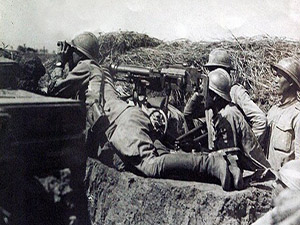 July 28th marks the centenary of the start of World War I—also known as the “Great War” and tragically and wrongly described by President Woodrow Wilson as the “war to end all wars.” That war was neither great nor the end of war. About eight million soldiers on all sides were killed and at least an equal number of civilians perished—many through disease and starvation.
July 28th marks the centenary of the start of World War I—also known as the “Great War” and tragically and wrongly described by President Woodrow Wilson as the “war to end all wars.” That war was neither great nor the end of war. About eight million soldiers on all sides were killed and at least an equal number of civilians perished—many through disease and starvation.
Last week, London’s Royal United Services Institute (RUSI—founded in 1831 by the Duke of Wellington as a permanent institution to study and analyze war) hosted a one-day conference on World War I. The lens was the Western front focusing on British, French and German strategies and tactics of the war. An interesting and slightly revisionist message was to challenge the conventional view of the war as a bloodbath in which both armies were condemned to costly trench warfare by the stupidity and incompetence of the generals in command. Indeed, two military historians argued that World War I was perhaps the most revolutionary of wars in terms of innovation and dramatic and dynamic change. Hence, the notion of British “lions (soldiers) being led by donkeys,” i.e., the generals commanding, was stood on its head.
If that were true and innovation was indeed revolutionary, why then was the war so bloody and why did it last so long? However, those questions are for another day. More important for today and for the future are three more important questions: how and why did the war start; how was the war fought; and how and why did it end?
The answers to the first question are well known. The murder of Archduke Franz Ferdinand and his pregnant wife Sophie on June 28th, 1914 lit the fuses of a number of potential time bombs themselves inadvertently put in place by the great and not so great powers of the day. Secret treaties protecting signatories against attack; arms races; competition over colonies; and the personality quirks of the King of England, German Kaiser, and Russian Tsar (all of whom were cousins and grandsons of Queen Victoria) made war inevitable.
Parallels today with crises, chaos and conflicts ranging from the Mediterranean (Libya and Egypt) through the Black Sea (Ukraine) and the Middle East (Israel, Palestine, Syria, Iraq and conceivably Iran) to Afghanistan and Pakistan are uncomfortably similar to 1914. And as the world learned when the self-immolation of a Tunisian fruit vendor triggered the so-called Arab awakening, a bullet need be fired at anyone let alone an archduke to generate a tectonic effect.
World War I was fought on deeply flawed assumptions drawn from the American Civil War and the brief Franco-Prussian War of 1870-71. He who mobilized first using the transportation technologies of the day—rail and truck— was almost certainly going to win meaning taking the offensive first was essential. Unfortunately, the military revolutions that subsequently occurred, namely the use of indirect artillery fires at great range, poison gas and the vast increases of defensive firepower of individual units through machine guns, rifle grenades and mortars, greatly favored the defenders. Hence, fighting bogged down in the horrors of trench warfare until American entry in April 1917 would eventually tip the balance against the Central powers in late 1918.
The war ended with an armistice on the eleventh hour of the eleventh day of the eleventh month in 1918. But Germany had not been occupied. And while the Germany Army had been pulverized, it was still formidable. Unconditional surrender that was demanded in the next world war was infeasible then.
The peace imposed huge reparations and restrictions on Germany and its future military capacity. These grievances were so severe and supercharged by hyper-inflation and economic despair that Adolph Hitler could later seize power making another war virtually inevitable. The treaty emerging from the Versailles Peace Conference was rejected by the Senate in large measure due to Wilson’s refusal to include Republican senators in the delegation and to consult with that body in a serious manner.
Today, the chances for another world war are exceedingly remote. But regional conflict is widespread. The Middle East, Persian Gulf and Indian Ocean are rife with potential ticking time bombs. The consequences of a major regional conflict breaking out would largely be geo-economic for non-belligerents as the flow of oil, trade and other resources could be interrupted. Similarly, should nuclear negotiations with Iran fail, the prospect of a military strike against Iran’s nuclear facilities cannot be discounted.
Looking back in order to look ahead however is not comforting! Tick, tock!

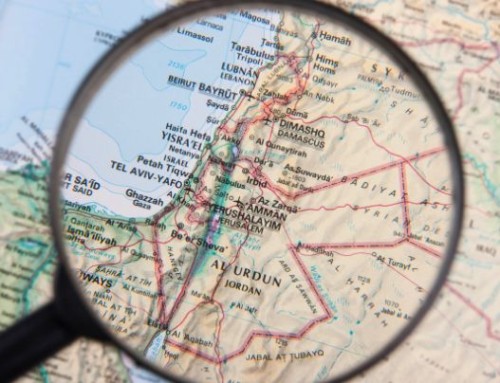
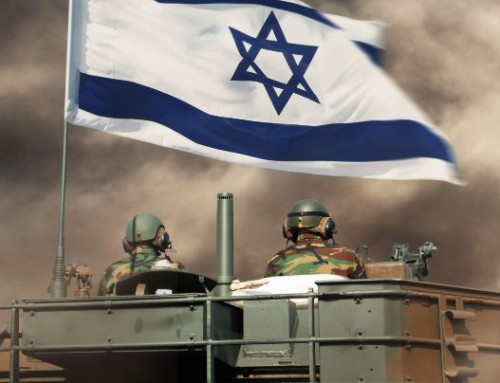
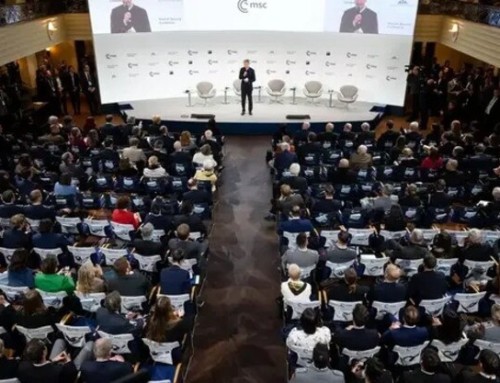
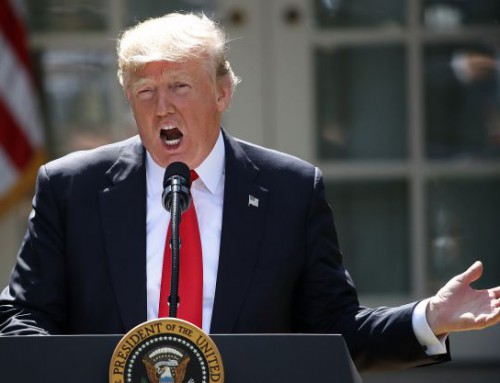
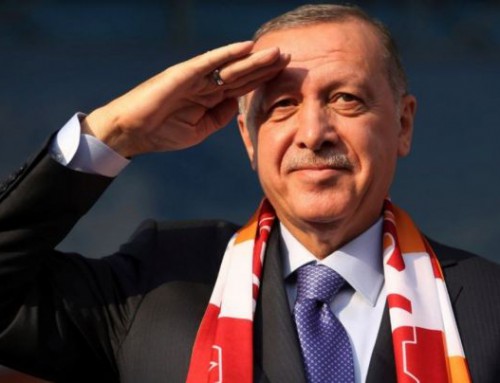
Leave A Comment